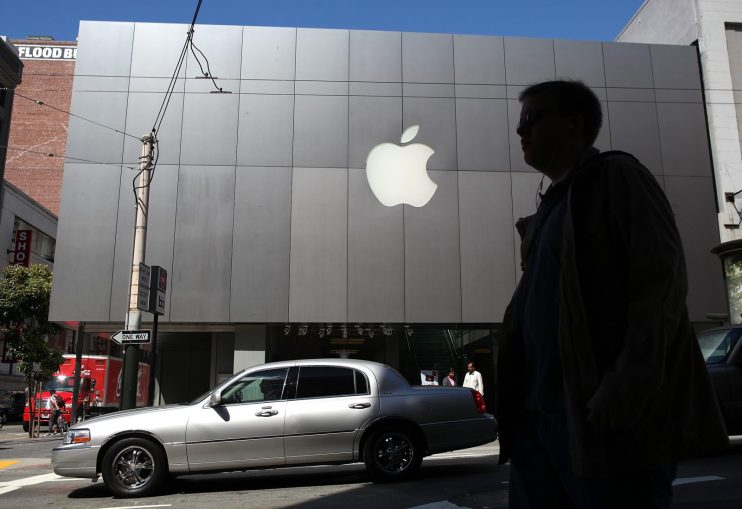Apple struggles to keep pace with Google and Amazon according to new study on future readiness

Tesla, Lululemon, Mastercard, and Google topped the global rankings in their respective industries in the Future Readiness Indicator released today, and a number of global companies fared much worse than expected, including Apple, IBM, Twitter, Spotify, HSBC, Audi, and Sony.
The Institute for Management Development’s (IMD) Future Readiness Centre studied more than a decade of data (2010 to 2021) to rank publicly listed companies against their competitors by how future ready they are for the post-pandemic economy and their likelihood of thriving in a world of fast and frequent change. In simple terms, the Future Readiness Indicator measures the corporate world’s resilience.
The Future Readiness Indicator analyses 86 highest-grossing companies in the four highest-revenue industries – Fashion & Retail, Automotive, Financial Services, and Technology – from all over the world, including US, UK, European, and Asian markets.
In the technology sector, Google ranked the highest overall for future readiness, with Amazon coming second and Microsoft third. Sony ranked last out of 28 companies, and Dell ranked 27th.
Some other surprising positions in the list include Apple, which landed at 9th place, some way behind the top three and Facebook, AMD, NVIDIA, Netflix, and Alibaba (in places 4 through 8). Twitter also fared poorly, hitting 13th place. IBM ranked 18th, Spotify ranked 20th, and Nintendo and Samsung landed at 24th and 25th place out of 28.
In the finance sector, Mastercard scored the highest for future readiness, followed by Visa and Ant Group, whereas HSBC, Wells Fargo & Company, and American International Group ranked the worst overall, in places 21 through 23.
What’s more, American Express ranked 20th out of 23, Capital One 19th, CitiGroup 17th, and JP Morgan Chase & Company landed at 13th.
For Fashion and Retail, Lululemon ranked best overall, followed by Nike and then Hermes. Fast Retailing, Inditex, and Hanesbrands ranked the worst, in places 14 through 16.
Surprisingly, Adidas ranked five places below Nike, at 7th out of 16. Under Armour was in 9th, and Next was in 10th.
In the Automotive sector, Tesla ranked the highest overall for future readiness, Toyota ranked second, and BMW came in third. Kia, Audi, and Renault took the 16th through 18th (last place) spots.
Interestingly, however, Toyota, Renault, and even Tesla, to an extent, ranked surprisingly poorly on gender diversity, whereas Harley-Davidson and Ford Motor ranked highest on this specific metric.
The Indicator utilises rule-based, objective measurements to arrive at a composite score, which an AI-driven algorithm compares against the industry average. It uses hard data to rank companies against critical drivers of innovation: Financial Fundamentals, Investors’ Expectations of Future Growth, Employee Diversity, Research & Development, Early Results of Innovation, Business Diversity, and Cash and Debts.
The research reveals that companies that reoriented themselves to new trends before the pandemic outpaced their competitors. COVID-19 served as a dramatic test case, rewarding companies that built up their capabilities ahead of time and exposing the institutional inertia of those that did not.
Professor Howard Yu, author of the Future Readiness Indicator at IMD commented: “Our predictive analytics provides intelligence for executives to recover from the recent economic blow and better respond to tomorrow’s disruptions – like Omicron – with lessons on how to thrive in the future.
“In the UK, with the return of government work from home advice, lower ranking organisations which have not implemented the necessary changes would do well to observe and replicate their more successful industry counterparts.”